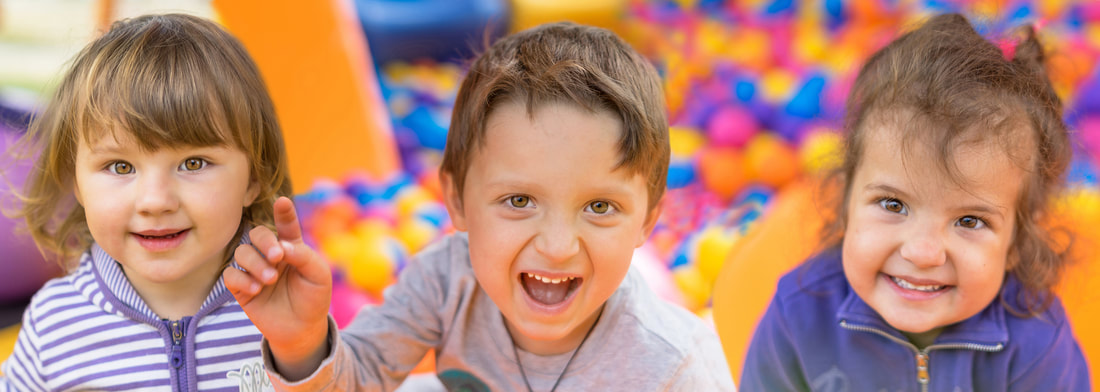Social and Emotional Development |
Page 2 |
To be successful, children must be able to develop relationships with others, cooperate with peers and adults, understand other's feelings and perspectives, and maintain some control of their behaviors and emotions.
These characteristics help to ensure that children are able to get along and participate with others in the classroom.
These characteristics help to ensure that children are able to get along and participate with others in the classroom.
The social and emotional development of young children is strengthened when they feel that the adults in their lives care about them and they develop close relationships (often called “secure attachments”) with their parents, teachers, and other adults who care for them. Positive relationships encourage children to care about other people and seek to understand the thoughts and feelings of others.
Research has found that children who have secure, trusting relationships with their caregivers get along better with their peers and have an easier time adjusting to the demands of formal schooling. Adults can help children develop these types of positive relationships by consistently responding when children, especially babies, need something or they are upset, and by being warm and loving when caring for children.
Social development involves the way a child relates to other people.
Emotional development relates to the way a child feels about themselves, other individuals, and the environment.
Social and emotional development is the combination of both relating to other people and developing a sense of self. Social and emotional development for young children is extremely important because of dramatic changes that occur during the early childhood stages.
Optional Resource for Further Study
- Acknowledging Children’s Positive Behaviors, Vanderbilt Kennedy Center, Vanderbilt University. kc.vanderbilt.edu
- Helping Children Make Transitions Between Activities, Center on the Social and Emotional Foundations for Early Learning
- Resources: Practical Strategies for Teachers/Caregivers, Center on the Social and Emotional Foundations for Early Learning
- Customizable paper dolls from Headstart: a great tool to help children learn to identify their emotions and better understand others' feelings (Downloadable Microsoft Word document)
- Exploring Emotions, Sesame Street in Communities
Course Navigation Menu
|
|



